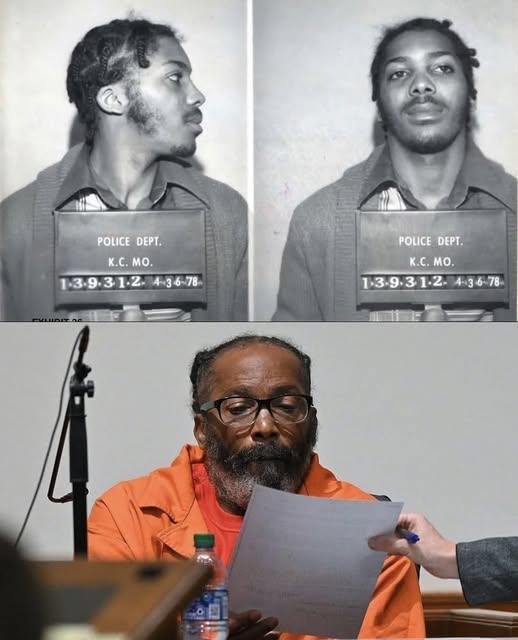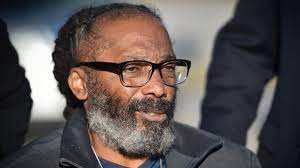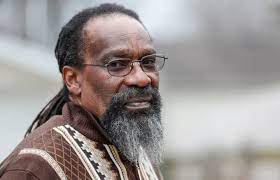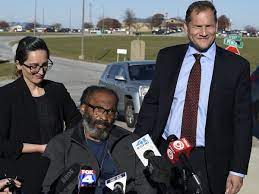Kevin Strickland: Free After 43 Years Wrongfully Imprisoned

Kevin Strickland: Free After 43 Years Wrongfully Imprisoned
In 1979, an 18-year-old named Kevin Strickland was convicted of a brutal triple murder in Kansas City, Missouri. He insisted he was innocent. There was no physical evidence linking him to the crime. Yet the word of a single eyewitness—who later admitted she had been pressured to identify him—was enough to send him to prison for life.
For decades, Strickland sat behind bars, one of the youngest men in Missouri sentenced to life without parole for 50 years. He watched time pass slowly, his life defined by steel doors and concrete walls. Meanwhile, he never stopped declaring his innocence.
His fight for freedom was long and bitter. Appeals failed. Petitions were denied. Even as advocacy groups, journalists, and, eventually, prosecutors acknowledged that the case against him had crumbled, the justice system refused to admit its mistake. Over the years, Strickland’s story became a chilling example of how hard it is to overturn a wrongful conviction once it has entered the system.
Then, in November 2021, a breakthrough finally came. A Missouri judge vacated Strickland’s conviction, ruling that he had been wrongfully imprisoned. After 43 years, one of the longest wrongful incarcerations in U.S. history came to an end.
At 62 years old, Strickland walked free. He had entered prison as a teenager in the 1970s; he stepped out into a world transformed. He had never used a smartphone, never navigated the internet, and had lost nearly every major milestone of adult life.
Adding to the injustice, Missouri law at the time offered him no compensation. Despite being robbed of more than four decades, he was released without financial support, left to rebuild his life almost from scratch. Supporters rallied, raising donations to help him adjust, but his case highlighted a larger issue: the patchwork and often inadequate compensation statutes for the wrongfully convicted across the United States.
Strickland’s ordeal has since become a rallying cry for reform. His story is told not just as a tragedy, but as a call to action—demanding accountability in a justice system that can take freedom so easily and return it so reluctantly.
Kevin Strickland’s name is now etched in history as both a symbol of profound injustice and of unbroken perseverance. Though nothing can return the years he lost, his voice continues to challenge the system that failed him, ensuring that his 43 years will not be forgotten.











